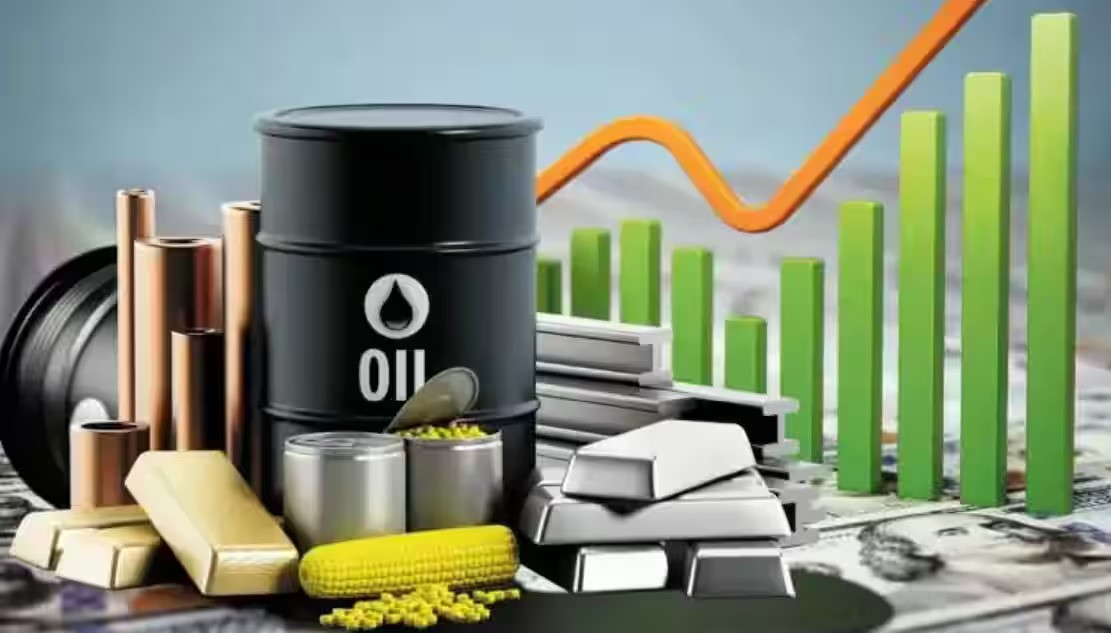COMMODITIES
Trade Commodities
Engaging in commodity trading within the forex market entails the purchase and sale of contracts linked to raw materials and natural resources. This includes commodities like gold, oil, natural gas, and agricultural products such as wheat or soybeans. These contracts provide an avenue for traders to predict and bet on the future price trends of these commodities.

When trading commodities in the forex market, traders employ various strategies, including technical analysis to study price patterns, fundamental analysis to examine underlying economic factors, or a blend of both. Different types of orders, like market orders, limit orders, or stop-loss orders, are used to initiate or close trades.
It's crucial to recognize that commodity trading in the forex market is subject to high volatility and substantial risks. This includes potential losses driven by market shifts or alterations in supply and demand dynamics. Effective commodity trading necessitates a well-structured trading plan and robust risk management techniques.
For guidance that is specifically tailored to your individual needs and goals, consulting with our financial advisors is a wise choice. They can provide customised advice to help you navigate the complexities of commodity trading in the forex market.
What are commodities?
Commodities are defined as economic goods; a product of agriculture or mining, an article of commerce, or some other useful item that has value. Common types of commodities of interest to day traders include Natural Gas, Brent Oil, WTI Crude Oil, Gold, Silver, Corn, Soybeans, and much more.
Because there are so many different types of commodities, they are typically grouped into three main categories: agricultural, such as food-based products, livestock, materials, and more; energy, such as natural gas, oil, and more; and precious metals, including platinum, palladium, gold, and silver. Any of these assets can be traded due to their values rising and growing.
On a general basis, all markets and any price fluctuations within assets are a function of natural supply and demand. Higher supplies typically lead to lower prices, while low supplies can cause a surge of demand and therefore price increases can follow.
Factors affecting the prices of commodities.
Commodities market prices can also be driven by technical factors, such as moving averages, market structure, chart trading patterns, and the ebb and flow of the emotions of traders within the market.
The price of commodities can also be impacted by political and macroeconomic factors, and in the case of some agricultural commodities, even weather may play a factor in offsetting the delicate balance of supply and demand, causing values to fluctuate wildly. These fluctuations become opportunities for traders to turn a profit and grow their capital.
Why trade commodities with Trojan Markets
Exciting opportunities.
Be a part of some of the largest and most-popular markets online with Trojan Markets. Start trading in Gold, Oil, and Natural Gas in less than a minute!
Best-in-class trading platform.
Trade directly from charts, benefit from multiple order types and enjoy the highest level of security. Trojan Markets offers an award-winning trading software that has been recognized by traders from around the world.
Low trading fees.
Benefit from low commissions and tight spreads, which are important for both professional traders and beginners alike.
